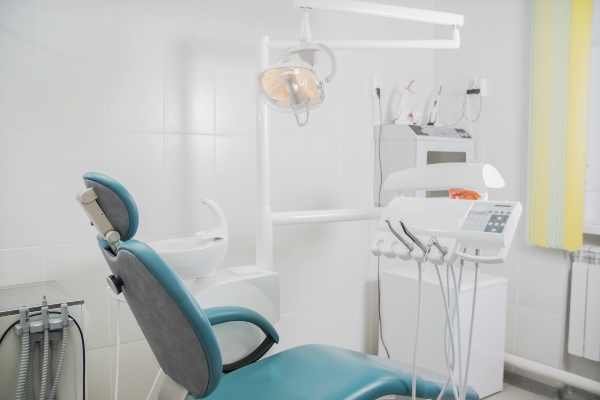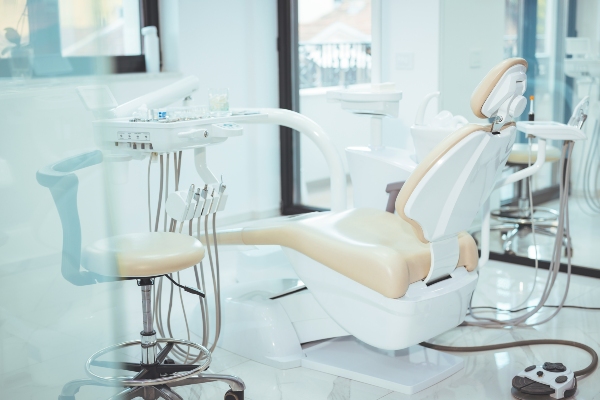3 Tips to Prevent Halitosis

Approximately one out of every four people in the United States struggle from halitosis (bad breath) on a regular basis. In fact, it is one of the most common reasons that people seek dental care. The good news is that halitosis can be prevented through easy changes in your oral care routine and diet.
How to prevent halitosis (bad breath)
The best ways to prevent halitosis are to brush and floss after every meal, avoid dry mouth, and schedule regular dental cleanings to remove plaque and tartar buildup. This review discusses what halitosis is and why dentists recommend these three tips to prevent halitosis, along with insights into what a patient can do if halitosis develops.
What is halitosis?
Halitosis is simply a more technical term for bad breath. While it may not seem like a major issue, it can be a sign of oral health concerns such as periodontal disease or a build-up of plaque and tartar on the surfaces of teeth. In other instances, halitosis could be the result of dry mouth or dietary choices, such as eating onions or garlic. It is important to get halitosis under control and prevent it from becoming chronic in order to protect long-term oral health.
1. Brush and floss after every meal
Perhaps the best defense to halitosis is to practice good oral hygiene. Most notably, this should include brushing and flossing several times each day. For patients who may be at a higher risk of developing halitosis, it can be beneficial to brush and floss after every meal. Of course, food choices can also impact the patient’s breath, and limiting the consumption of foods with a strong odor can be helpful.
2. Avoid dry mouth by sipping water
Dry mouth is a common cause of halitosis. One of the roles of saliva is to wash away bacteria in the mouth. When there is a lack of saliva, dry mouth can occur, which can allow bacteria to accumulate. One way to deal with this concern is to simply sip water throughout the day. Other beverages, such as coffee, tea, soft drinks, and wine, can be counterintuitive and make the halitosis worse.
3. Schedule regular dental cleanings
Regular dental cleanings are important for everyone, especially patients who are at a higher risk of halitosis. Dental cleanings serve to remove any plaque and tartar that has built up on the surface of teeth and along the gum line. If the plaque and tartar are not removed, it could eventually generate a foul-smelling odor that is hard to get rid of without dental treatment.
Schedule a consultation visit if you have chronic halitosis
If you have an issue with halitosis and have not found relief through at-home care or if you have gone more than six months without a dental visit, we encourage you to contact our dental practice today. We can help determine the underlying reason for the bad breath and treat the concern accordingly.
Request an appointment here: https://davisanddingle.com or call Davis & Dingle Family Dentistry at (803) 567-1804 for an appointment in our Columbia office.
Check out what others are saying about our dental services on Yelp: Halitosis in Columbia, SC.
Recent Posts
Halitosis treatment targets root causes, like gum disease or decay, to provide a path to fresher breath and a healthier smile. This approach addresses persistent bad breath at its source rather than simply masking odors. With the right treatment from a general dentist, patients can achieve lasting fresh breath and improved confidence in their daily…
Even if we do not like it, there is a reason our general dentist recommends routine visits at least every six months. In fact, there are several important reasons why we should get into the habit of going to the dentist for regular visits as often as is necessary or as is told. The visits…
Bad breath can feel uncomfortable and embarrassing, even more so when it does not seem to go away. If you are struggling with chronic bad breath, a general dentist can help. Many treatment options are available, some of which take place at home. In this article, we will explore the common causes of bad breath…
Maintaining good oral health is essential to a healthy lifestyle. Regular visits to a general dentist are crucial in preventing and treating different dental issues. General dentists provide a wide range of services, such as preventive care, restorative treatments, and oral health education. However, if you are new to an area or are changing dentists,…


